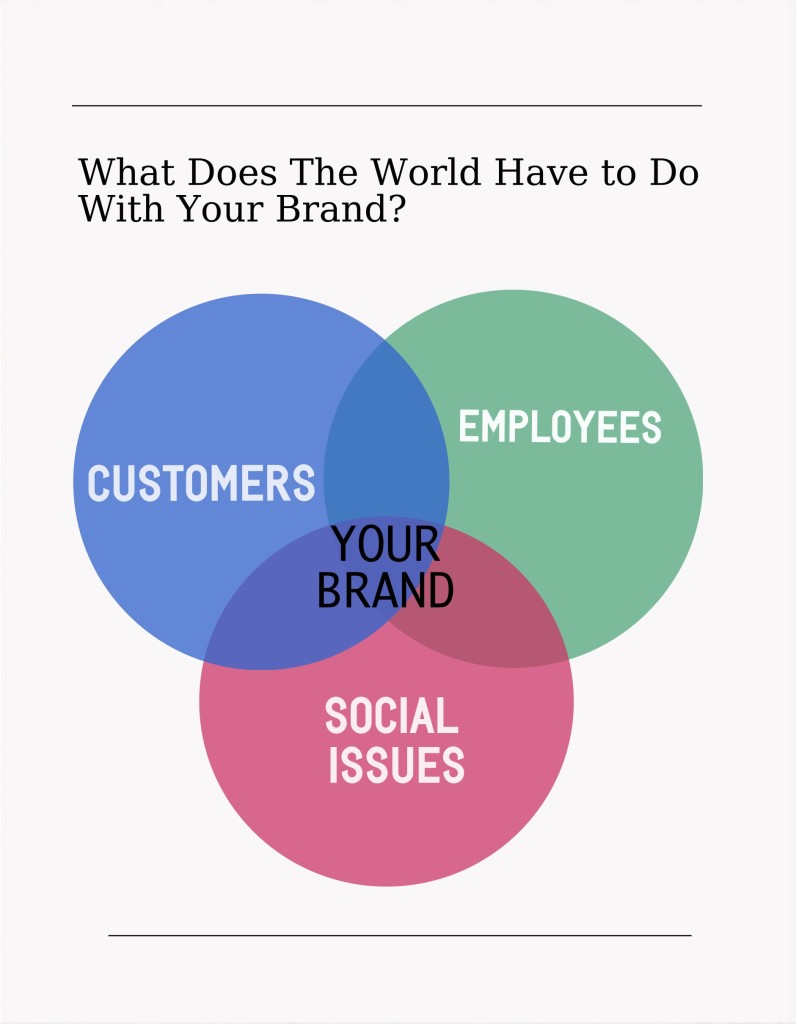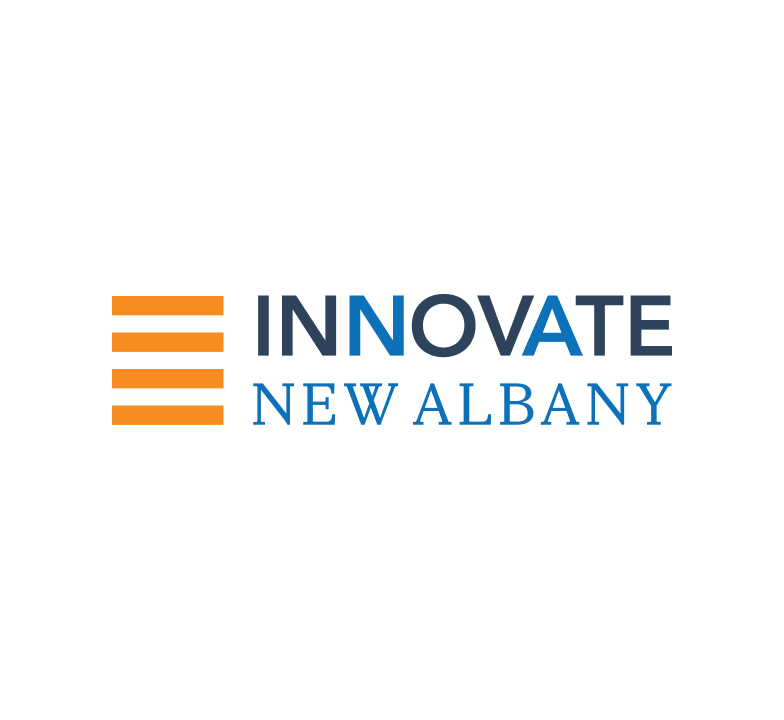 The second you open Facebook, Twitter, or your Feedly news app, there is a recurrent theme that is becoming increasingly hard to avoid. In the face of natural disasters, poverty, terrorists, riots and environmental destruction, it’s jarring to the senses to imagine ostentatiously “positioning” your company’s brand front and center.
The second you open Facebook, Twitter, or your Feedly news app, there is a recurrent theme that is becoming increasingly hard to avoid. In the face of natural disasters, poverty, terrorists, riots and environmental destruction, it’s jarring to the senses to imagine ostentatiously “positioning” your company’s brand front and center.
Social media is more about listening than it is about telling. In the same way that a tweet about an unfortunate experience with your brand provokes you to act, so should a disaster. The stab of distress you encounter when reading through the world’s woes should illicit a response – personally and corporately. Establishing a culture of service begins long before the crisis; the way your organization responds will be based upon your services, values and the strengths and passions of the very people who are in your organization.
Your response to the world defines and shapes your brand, just as much as your employees, your product and your customers do.
To make a lasting quantifiable social impact, you will need muscle, knowledge and passion – all resources you can find within your organization. At a minimum, part of your hiring strategy should be to intentionally hire, promote and retain employees who are interested in building thriving communities. Once those initiatives are in place, you can begin to think strategically about how you are going to respond to the needs of the world.
Still, there is a wide, vast world of need. Selecting which nonprofit or social cause to support is just as much a strategic decision as it is with any other business initiative. Your company’s efforts will be more authentic when grounded in your own, and your team’s passions. Where are your employees already spending their time and money? Is there a way you can work together to make a difference? How can you pool the resources of your organization to attack an issue from all sides?
Making an Authentic Contribution
Align your core business competencies with social causes. This is a natural way to bring solutions to social issues. An excellent example is Northwoods, which provides technology to help state and county human services agencies be more productive. These core business projects naturally led them to learn, firsthand, about a flood that ruined the hardwood floors at Chapel Hill House, a rustic retreat center for families facing pediatric cancer. Northwoods made a significant donation to cover the cost of the wood, which was revealed through Facebook. As Zach Zettler, Chief Business Development Officer at Northwoods says, “We have built policies into our organization so that our employees are encouraged, and prepared, to make a difference whenever we see a need.”
There is an art to pairing companies and issues. The Roosevelt Coffeehouse invites customers to donate to charities, and makes this promise: “We are going to partner with organizations we KNOW are building wells and latrines. Those who are feeding people locally and internationally. And those who are rescuing and restoring dignity to those who have been enslaved.” The results are clearly posted in the shop, with links on the company website revealing that in just the month of April, they made a $450 donation to Restore International for Restore India, and $369 to Exile International for rescued child soldiers.
The enticement to help others is an alluring incentive to join and stay at a company. The Millennial Impact Report shows us that Millennials aren’t going to work with you if they see you as an “unfeeling” institution or organization. They are more interested in your people and the issues you support. Brad Griffith, President, Buckeye Interactive, found this to be true. Griffith made the strategic decision from the start that the best way to help others is to use the strengths they already have in place. BI donates time and money to support to start-ups through Give Back Hack, and volunteering to teach Junior Achievement courses. “Employees tell me they want to work at BI because we’ve created an opportunity here that gives them a chance to make an impact. We are helping people build businesses, and that’s exciting.” A former BI intern moved on to an internship at Facebook, but has turned down the fulltime job at Facebook so that he can return to BI. “He has watched how we are making an impact, and he wants to be a part of what we are doing here to support new businesses.”
Social causes can open the door for you to build a brand engagement story that clearly and passionately rallies support for employees and customers to join you in building a solution. Social media should help you stay alert so that you can support and sustain corporate community engagement efforts, and to be prepared when disaster strikes. To make a lasting impact, you’ll need to establish a culture of service that is organized around policies, incentives and systems that create the opportunity to serve. Branding should always show the world what is already there and working within your organization.






